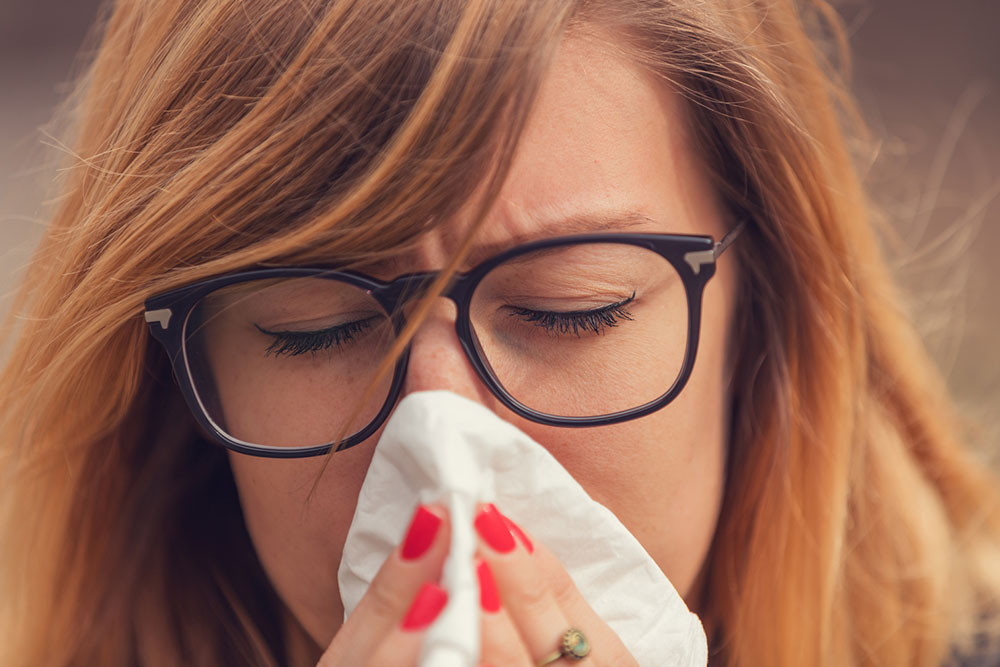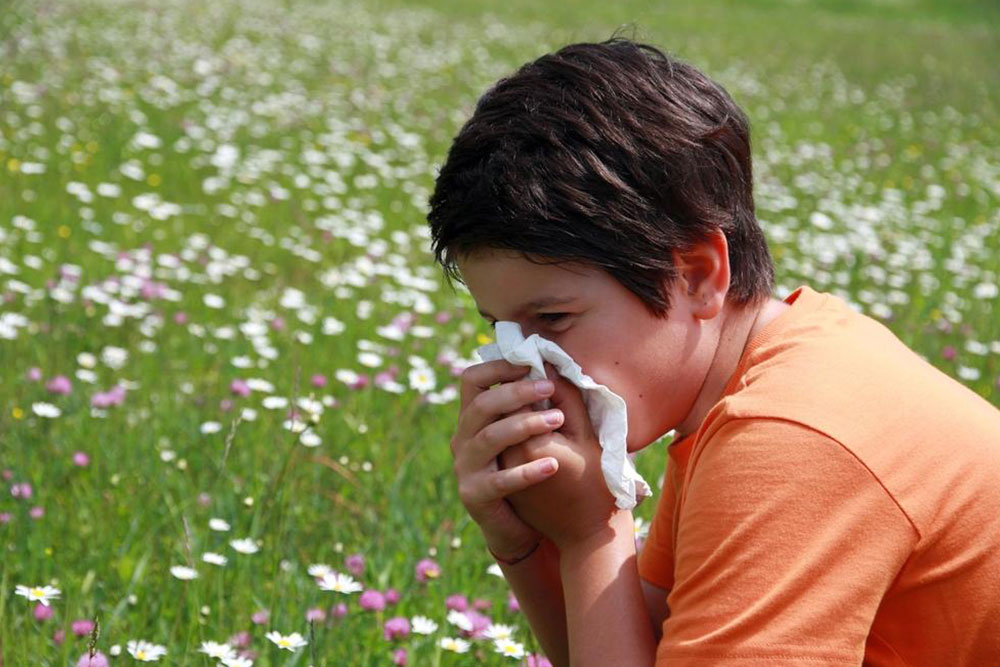Complete Guide to Identifying and Managing Allergies Effectively
This detailed guide explores allergy symptoms, diagnosis, and effective treatment options including medications, lifestyle adjustments, and immunotherapy. It emphasizes the importance of professional consultation and emergency preparedness to help allergy sufferers lead healthier lives and prevent severe reactions. An essential resource for those seeking comprehensive allergy management strategies.

Complete Guide to Identifying and Managing Allergies Effectively
Allergic reactions are a widespread health issue affecting millions of people globally, spanning all age groups and backgrounds. While it’s often challenging to completely avoid specific allergens, understanding how to recognize allergy symptoms early and explore effective management strategies is essential for maintaining overall health and quality of life. This comprehensive guide aims to shed light on what allergies are, how they are diagnosed by healthcare professionals, and what treatment options are available to mitigate symptoms and prevent severe reactions.
What Are Allergies and How Are They Identified?
Allergies occur when the immune system overreacts to substances known as allergens, which are typically harmless to most individuals. These allergens can be encountered in the environment or as part of daily life. The immune system perceives these normally safe substances as threats, triggering a series of immune responses that result in various allergic symptoms. This abnormal immune reaction can manifest suddenly and vary widely in severity, from mild discomfort to life-threatening conditions.
Common environmental allergens include pollen from trees, grasses, or weeds; dust mites lurking in bedding and furniture; pet dander shed by animals; mold spores; and certain foods such as nuts, dairy, shellfish, or gluten. Despite their frequency, these allergens usually pose minimal risk to most individuals, but for allergy sufferers, exposure can trigger uncomfortable or severe reactions. Identifying the specific allergen is a crucial step toward effective management and treatment.
The symptoms caused by allergies are diverse and depend on the individual’s immune response and the type of allergen. Typical symptoms include sneezing, persistent nasal congestion, rhinorrhea (runny nose), watery and itchy eyes, swelling around the face or eyes, skin rashes like hives, and skin irritations. Respiratory issues such as wheezing or coughing may also occur, especially in cases linked to asthma. It is vital for those experiencing such symptoms to seek professional medical advice for accurate diagnosis and tailored treatment plans.
Consulting healthcare professionals involves thorough history-taking and physical examination. The clinician may suggest diagnostic tests such as blood tests (like specific IgE tests) or skin prick tests to pinpoint the exact allergens responsible. Accurate identification helps in formulating effective management strategies and reducing exposure risks.
Management options for allergies encompass medications, lifestyle modifications, immunotherapy, and emergency preparedness. The goal is to control symptoms, prevent complications, and improve overall well-being.
Effective Treatment and Management Strategies for Allergies
Medications play a vital role in controlling allergy symptoms. Commonly prescribed medications include antihistamines, corticosteroids, and decongestants. Each serves a specific purpose in alleviating various symptoms and reducing inflammation.
Antihistamines: These drugs block histamine, a chemical released during allergic reactions that causes symptoms like sneezing, itching, and runny nose. They are available over-the-counter and by prescription, with many options such as loratadine, cetirizine, and fexofenadine.
Corticosteroids: These are potent anti-inflammatory agents that help reduce swelling, redness, and irritation. Nasal sprays like fluticasone or mometasone are commonly used for allergic rhinitis, while oral corticosteroids may be prescribed for severe cases.
Decongestants: Available as pills, sprays, or liquids, decongestants provide rapid relief from nasal congestion and sinus pressure, but should be used cautiously to avoid rebound congestion or other side effects.
Besides medications, lifestyle adjustments can significantly reduce allergen exposure. Regular cleaning, using air purifiers, allergy-proof bedding, and avoiding high pollen days are practical steps. For individuals with food allergies, strict dietary avoidance is critical.
Immunotherapy: Long-Term Relief
Immunotherapy involves administering gradually increasing doses of the allergen to desensitize the immune system over time, reducing the severity of allergic reactions. This treatment can be administered via allergy shots or sublingual tablets, typically over several months or years. Immunotherapy is particularly useful for those with environmental allergies or allergic asthma that does not respond well to medications alone.
Choosing immunotherapy requires consultation with an allergist or immunologist, who will evaluate the potential benefits and risks. Proper patient education and consistent follow-up are essential for success.
Emergency Preparedness for Severe Allergic Reactions
Severe allergic reactions, or anaphylaxis, require immediate intervention. Patients with known severe allergies should always carry emergency medications such as epinephrine auto-injectors. Recognizing early signs of anaphylaxis—difficulty breathing, swelling of the throat or tongue, dizziness, or rapid deterioration—is critical. Prompt administration of epinephrine can be life-saving and should be followed by urgent medical attention.
In case of accidental exposure or severe symptoms, using an epinephrine auto-injector according to instructions provided by a healthcare provider can quickly reverse the reaction. Education on when and how to use these devices is essential for patients and caregivers.
Conclusion
Allergies are a complex health condition that requires a comprehensive approach for effective management. Early diagnosis, appropriate medication, lifestyle modifications, and immunotherapy all contribute to better control of symptoms and a higher quality of life. With the right strategies and medical guidance, allergy sufferers can significantly reduce their symptoms, avoid severe reactions, and lead healthier, more comfortable lives. Staying informed and proactive is the key to managing allergies successfully.





